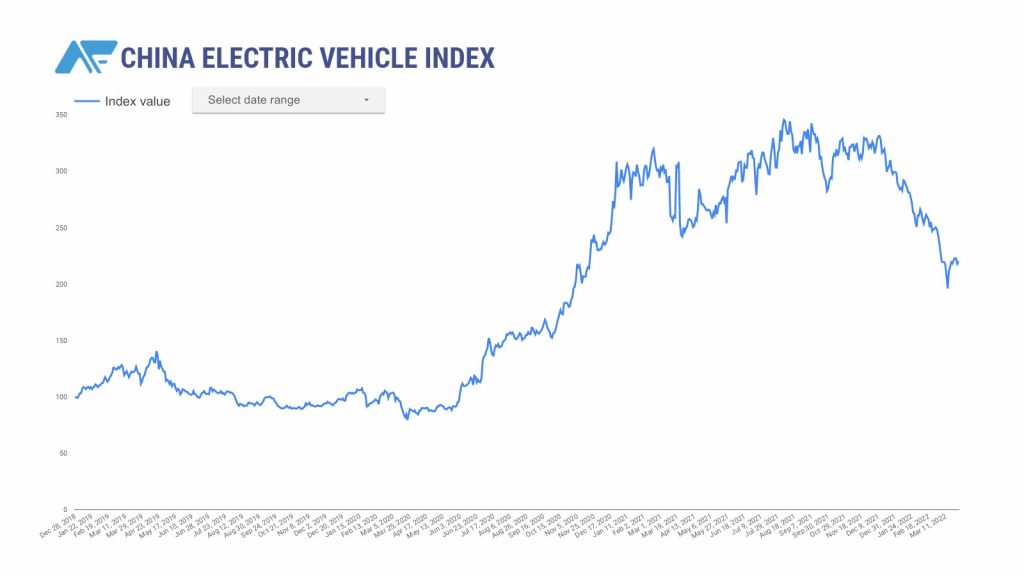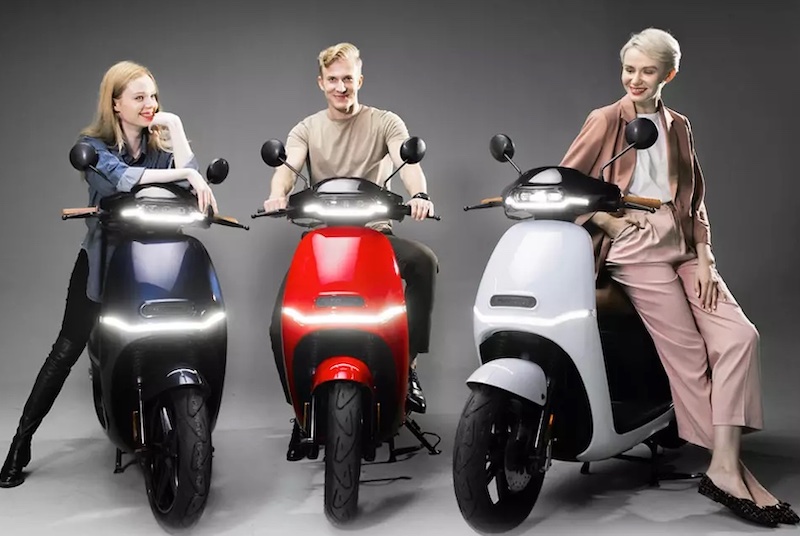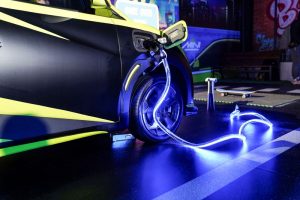Brazilian mining company CBMM said on Thursday it will start using technology it developed with Toshiba to supply niobium battery cells for fast-charging electric motorcycles to be made by China’s Horwin.
The Brazilian company, the world’s leading supplier of niobium oxide, will provide the battery cells, while Horwin Brasil will produce the “brain” of the component, in addition to the motorcycles themselves.
“We plan to produce 4,000 battery cells to validate the technology with the end user and then we would enter the industrial planning stage,” Rogerio Marques Ribas, executive manager of CBMM’s battery program, said.

He added that the company has projects planned with the main battery makers in Asia, Europe and the US.
The partnership with Horwin marks an important advance in the Brazilian company’s plan to expand to the battery market, which is expected to account for up to 25% of its annual revenue by 2030, with exponential growth in volumes.
The new batteries will lower the charging time from three hours to about 10 minutes and have a longer life when compared to traditional batteries, according to Horwin.
“Our motorcycles are used a lot in business operations that can’t stand around for three hours charging a battery, for example security companies,” Pricilla Favero, Horwin’s chief executive officer in Brazil, said.
Horwin Brasil will invest about 100 million reais ($21 million) in the venture with CBMM and hopes to sell 100,000 motorcycles with niobium batteries in the country by as early as 2024.
CBMM plans to invest 70 million reais in the partnership in 2022 and forecasts that it will sell 500 tonnes of niobium oxide, compared to 50 tonnes last year. The company aims to increase sales of the niobium product to 50,000 tonnes by 2030.
The market for niobium oxide is expected to boom in the coming years as demand for electric vehicles increases.
- Reuters, with additional editing by George Russell
READ MORE:
Japan Soccer Star Honda Aiming High With $680k Hoverbike
Bikes-to-Buffaloes Delivery Firm Ninja Van Mulls IPO – FT
Swappable Batteries Could Be Game Changer for E-Scooters
























